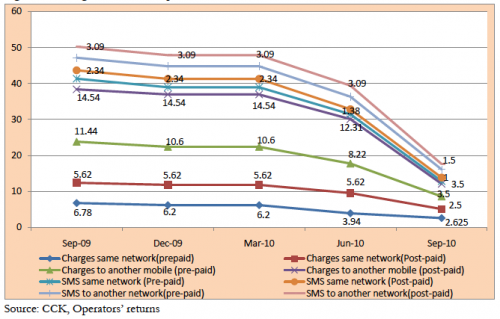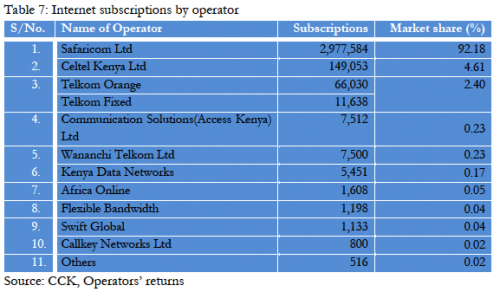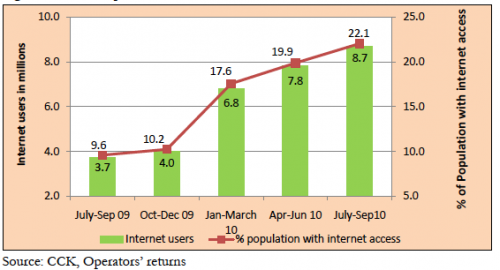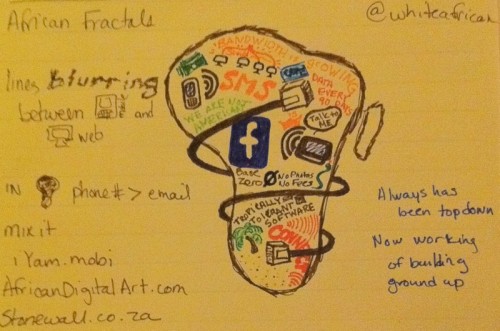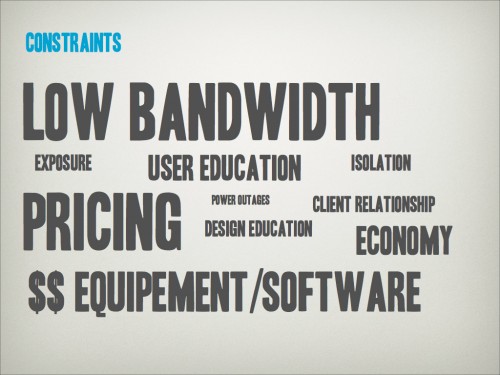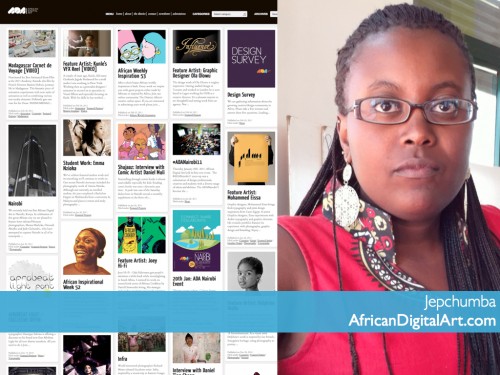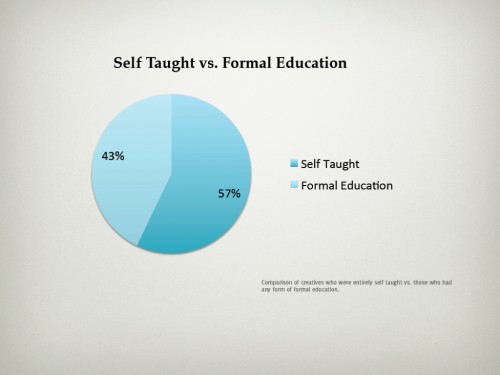[A HUGE thank you to the team who put this video together: Ahmed Deen, Michael Kimani, Norah Kithaka, Bob Muchiri, Barbara Muriungi and David Muthami.]
It’s this week that we’re celebrating the iHub’s one year anniversary, and oh-so-much has happened in this last year… What started out as a little idea and an experiment has blossomed into a full-fledged community hub and a model for labs and hubs around the continent.
By the Numbers
- There are a total of 3,036 members in the iHub community.
- There are 1,236 Developers
- We have 876 Creatives amongst us
- We have 235 Green members
- We’ve held 70+ events in the last 12 months, ranging from hackathons to investor pitches to product launches.
- At least 12 companies formed off of relationships made in the space.
- We have 4 outstanding corporate partners (Wananchi, Google, Nokia, Microsoft)
- 3 companies found funding through investors that came through the iHub.
- 2 funding partners who took a gamble (Omidyar Network and Hivos).
- 1 iHub Foosball championship team. 🙂
What’s next?
2010 was big, but 2011 is going to be huge! I don’t have time to cover everything in detail, but here are the top items.
- The new m:lab incubator with space for 7 companies, a training room and a mobile testing lab for all devices and operating systems. Will be open in April.
- The Pivot 25 event on June 14-15th. Pivot 25 is an event bringing together 25 of East Africa’s top mobile entrepreneurs and startups to pitch their ideas to an audience of 400 people, with a chance of winning monetary prizes and increasing awareness of their work to local and global investors, media and businesses. In East Africa’s hot mobile market, this is a way to find out “what’s next?“. All proceeds go to support the m:lab.
- A new research arm, dedicated to facilitating local technology research capacity building and to conduct local qualitative and quantitative research in Africa.
- Advanced programming and business training and mentoring. Starting in April, a mentoring program with some of Kenya’s leading tech programmers and business minds.
- The Afrilabs Association has been founded, and the iHub is a leading member of that, where we’re sharing what we’ve learned to help others across the continent build their own hub or lab. We’re also looking to grow an Afrilabs Seed Fund, which we’ll share more with everyone about as it gets solidified.
An iHub Party!
To celebrate this, we’re putting on a big party today, March 11th. Due to size of the space, it’s invite only and for Green members who have RSVP’d in time. We’ve got Just A Band coming in, a cool party atmosphere, food and the best cake in Nairobi. Plus, those who get to the iHub on time (and are on the list) get an iHub zawadi.
Big thanks to Nokia for sponsoring the gift, Google for sponsoring the after-party drinks at Capri7, and to Microsoft, InMobi and Ushahidi for covering some of the additional costs on food, drinks, etc.

